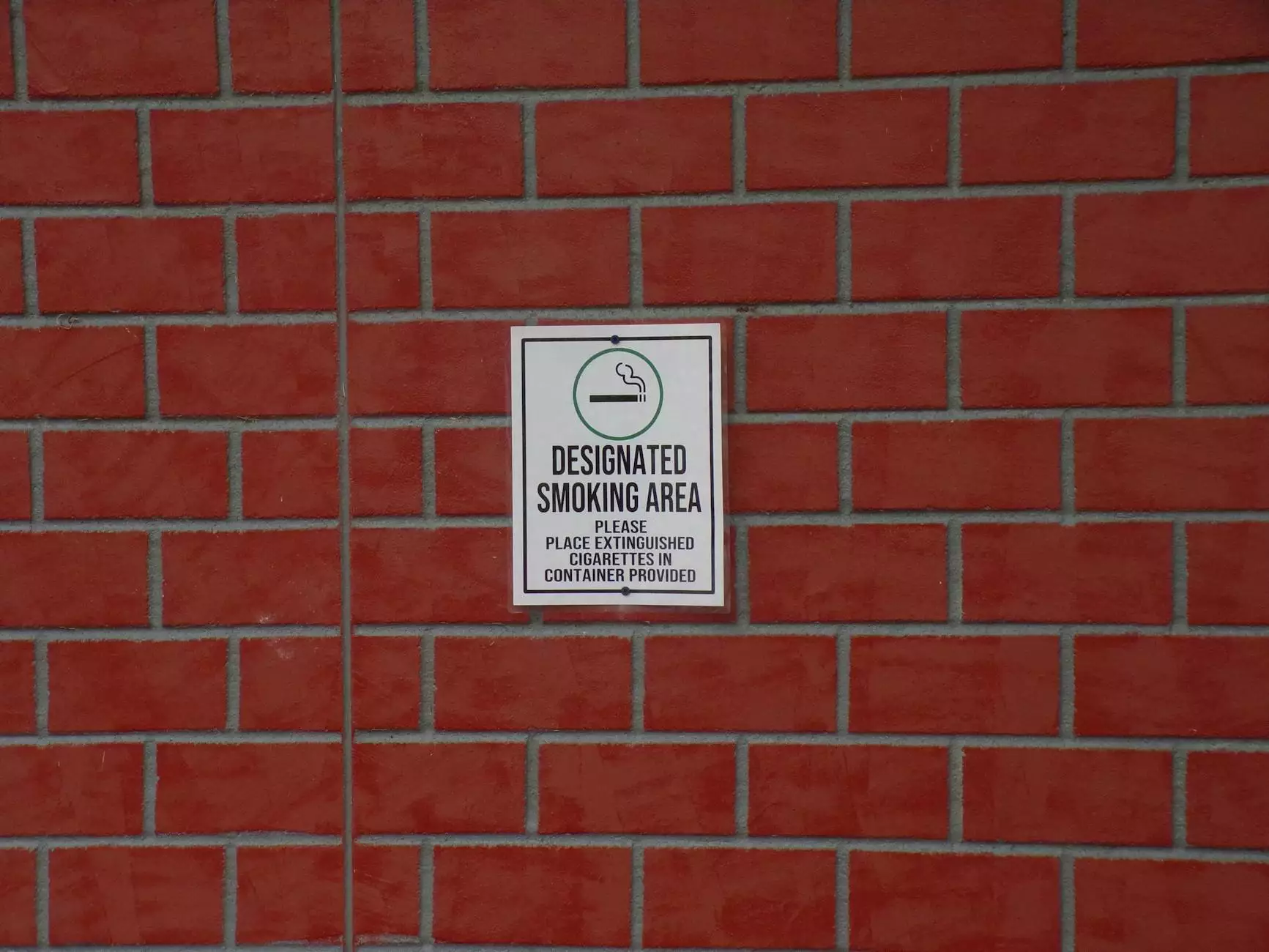Essential Guide to Homeowner Electrical Permits in BC

Understanding the necessity of a homeowner electrical permit in BC is vital for any homeowner looking to undertake electrical projects safely and legally. In British Columbia, the regulations surrounding electrical work are stringent to ensure that all installations meet safety standards. This article will provide a comprehensive overview of electrical permits, their importance, application processes, common questions, and essential tips for homeowners.
What is a Homeowner Electrical Permit?
A homeowner electrical permit is a document that allows a homeowner to perform electrical work on their property, ensuring that all installations are compliant with local safety regulations. In BC, the Homeowner Electrical Permit is required for a range of electrical installations and repairs, including:
- Installing or replacing light fixtures
- Wiring for new outlets
- Upgrading electrical panels
- Adding circuit breakers
- Installing new appliances that require electrical service
Why is a Homeowner Electrical Permit Important?
Obtaining a homeowner electrical permit is crucial for several reasons:
- Safety: Permits ensure that all electrical work meets safety codes, protecting you and your family from potential electrical hazards.
- Liability: Without a permit, you may be liable for damages or injuries caused by improper electrical work.
- Insurance: Many insurance companies require proof of permits to cover damages related to electrical work.
- Property Value: Properly permitted work can enhance property value, as it ensures the quality and safety of the electrical installations.
How to Apply for a Homeowner Electrical Permit in BC
The process of applying for a homeowner electrical permit in BC is straightforward but requires careful attention to detail. Follow these steps to ensure your permit application goes smoothly:
1. Determine the Scope of Work
Before applying for a permit, clearly define the electrical work you plan to undertake. This will help you select the correct permit type and gather the necessary documentation.
2. Gather Required Documents
Typically, you will need to provide:
- A completed permit application form
- Detailed plans or diagrams of the proposed work
- Any previous permits or inspections related to your property
3. Submit the Application
Applications can often be submitted online through your local municipality’s website, or you may choose to submit them in person. Ensure you pay any associated fees at this stage.
4. Await Approval
Once your application is submitted, it will be reviewed for compliance with local building codes. If approved, the permit will be issued, outlining the specific work you are authorized to perform.
5. Schedule Inspections
Many electrical projects will require inspections at various stages. It is crucial to schedule these inspections promptly and ensure compliance with all safety standards.
Common Questions About Homeowner Electrical Permits in BC
What happens if I don’t obtain a permit?
Performing electrical work without a permit can result in fines, penalties, and unsafe conditions. Additionally, if your work is not up to code, you may be required to redo it, which can be time-consuming and costly.
Can I do my own electrical work?
Homeowners in BC are allowed to do their own electrical work if they obtain a permit. However, it is highly recommended to have knowledge and experience in electrical systems or to consult with a licensed professional electrician.
How long does it take to get a permit?
The time frame for permit approval can vary based on the municipality and the complexity of the project. Generally, you can expect a response within a few days to a few weeks.
What kind of work requires a permit?
Most significant electrical work requires a permit, including:
- New construction wiring
- Electrical service upgrades
- Hot tub and pool electrical installations
- Whole-house rewiring
Key Takeaways for Homeowners
As a homeowner, being aware of the importance of obtaining a homeowner electrical permit in BC can save you time, money, and potential headaches. Here are some crucial points to remember:
- Always assess the scope of your work carefully.
- Collect all necessary documentation before applying.
- Understand that obtaining a permit is a legal requirement to ensure safety and compliance.
- Schedule all required inspections to guarantee that your work meets safety standards.
Conclusion
In summary, navigating the process of obtaining a homeowner electrical permit in BC may seem daunting at first, but it is an essential step towards ensuring the safety and legality of your electrical projects. By adhering to the outlined steps, familiarizing yourself with the requirements, and prioritizing safety, you can confidently undertake electrical work that adds value and security to your home. For expert assistance, consider hiring a licensed electrician, such as those from Wall's Electrical, who can guide you through the permit process and ensure that all work is done to the highest standards.
homeowner electrical permit bc


